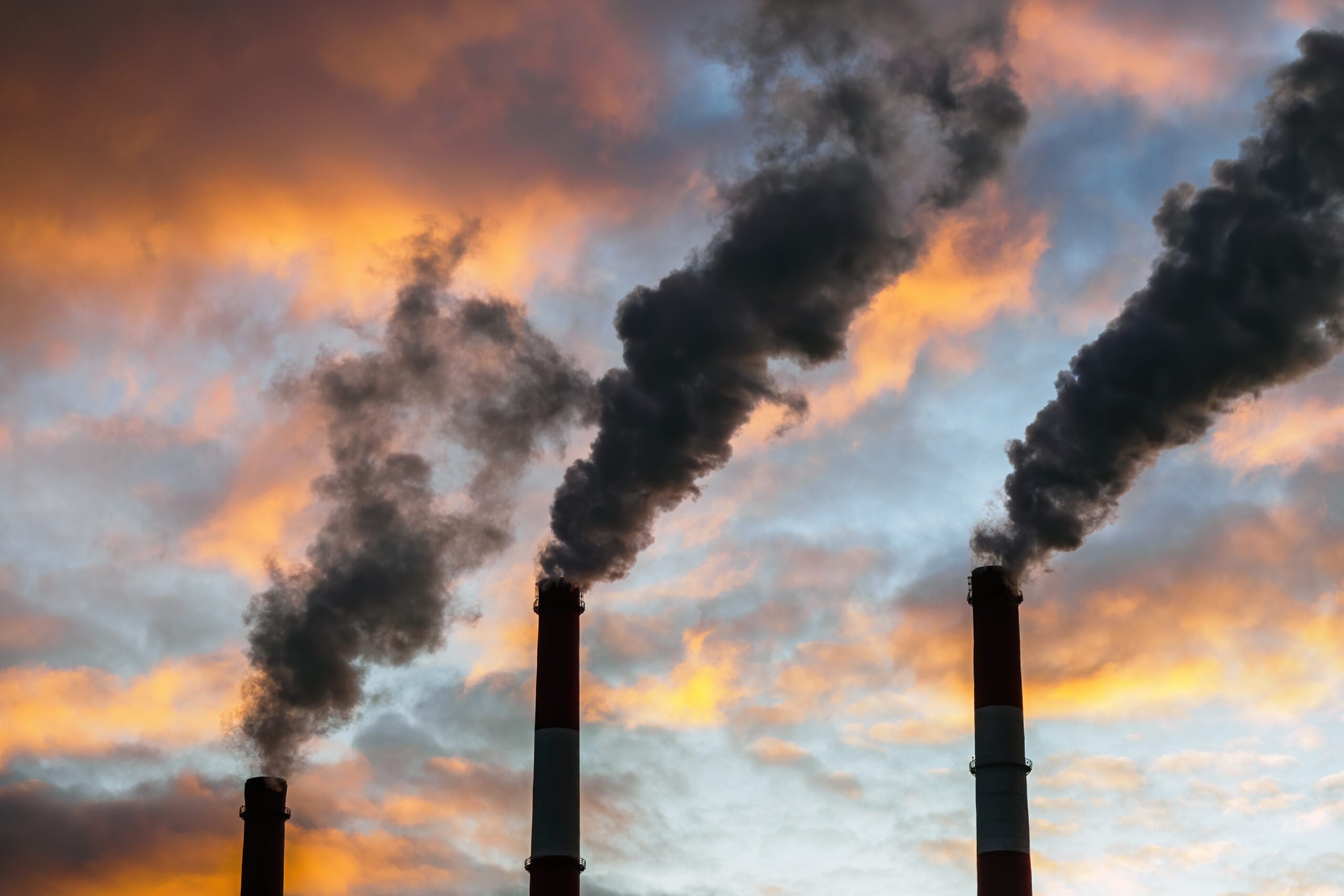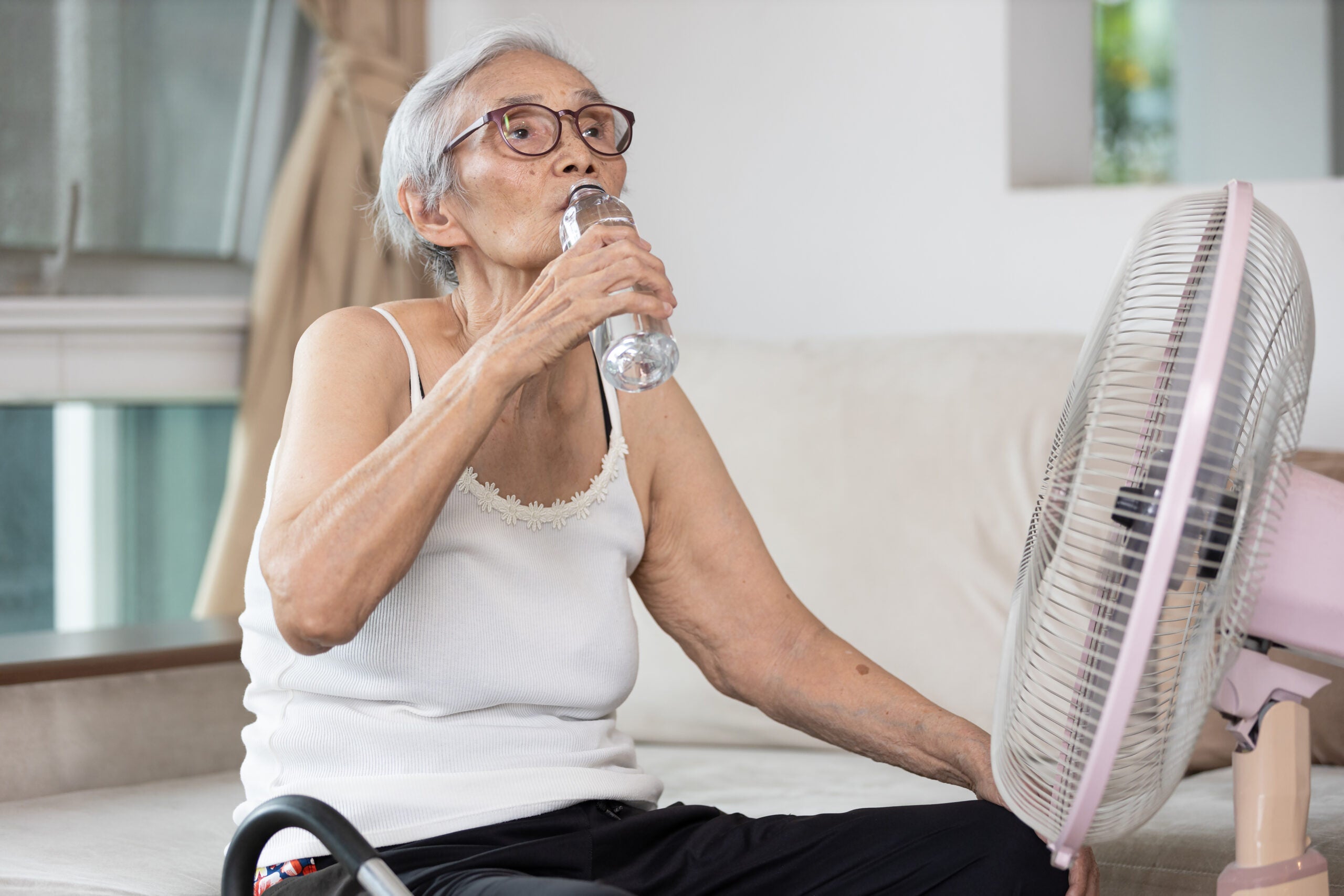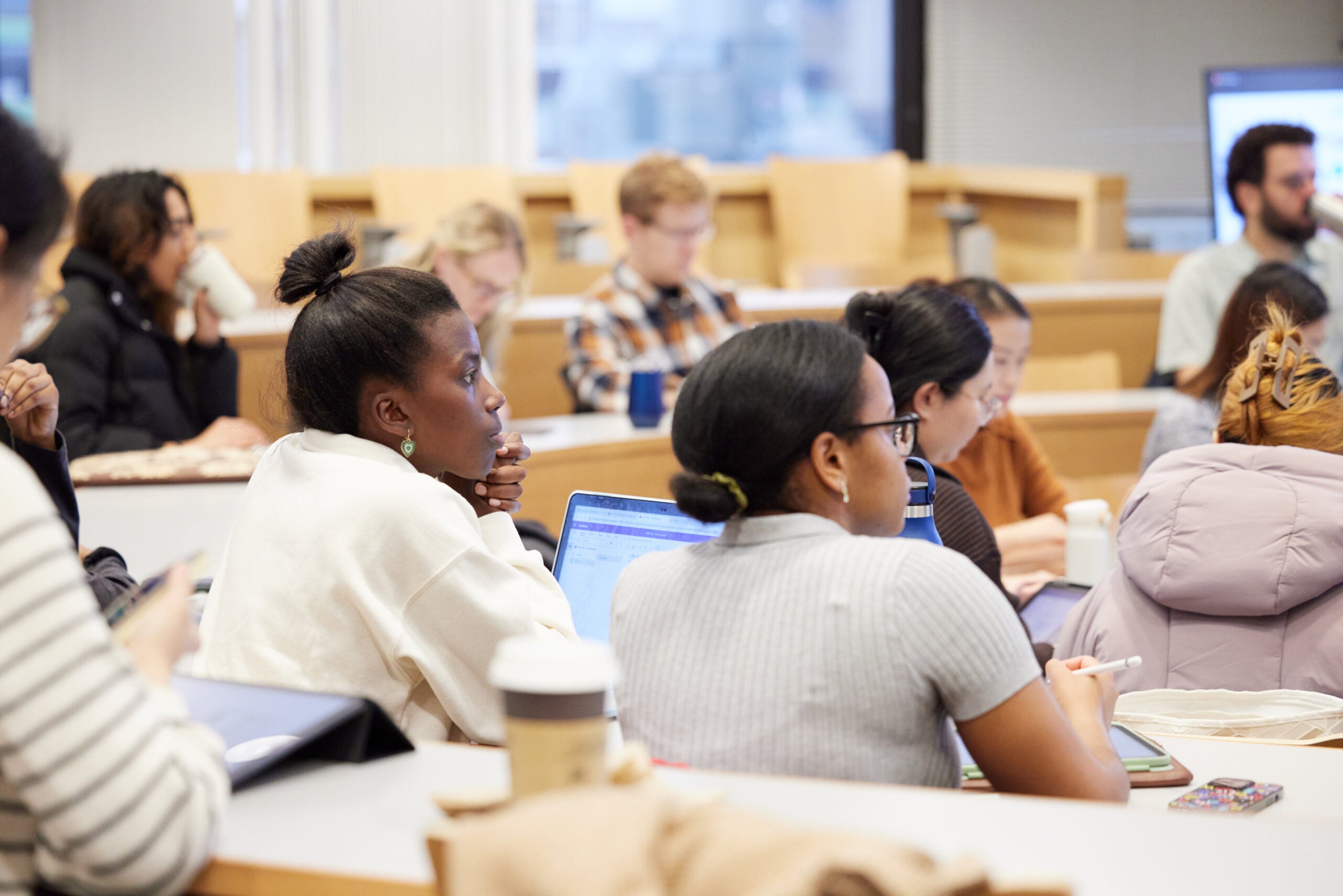Center for Climate, Health, and the Global Environment
We seek climate solutions that can provide for a healthier and more just world today and a livable future for our children.
Building 1, Room 1312
Science for a healthy, just, and more sustainable world
We put science into climate action, with a focus on research, education, and outreach efforts to find solutions that improve health for all.
Latest news

Ignoring lifesaving when regulating air pollution: An explainer
The Trump administration says it will no longer quantify the health benefits of reduced air pollution. Our core faculty member Lisa Robinson explains what that means and why it matters.
Featured Research

Protecting communities from extreme heat
We’re testing interventions in Boston, South Africa, and Madagascar.

Helping patients breathe easier
We’re evaluating if COPD patients may benefit from improved air quality
Get Involved

Youth summit on climate science, medicine, and health
Learn about our annual summer program for high school students
About the Center
From our landmark study showing that coal impacts health at every stage of its life cycle, to our research on toxics in gas stoves and the benefits of clean energy, to our educational programs reaching students around the world, Harvard Chan C-CHANGE has been translating innovative science from across Harvard T.H. Chan School of Public Health for over 25 years. Learn more
Latest News
Support Harvard Chan School
Every gift contributes to our mission of building a world where everyone can thrive. To learn more about how you can support Harvard Chan C-CHANGE, please contact Kimberlee Labonte.
To contribute directly to Harvard Chan C-CHANGE, select “Other” and type in “C-CHANGE.”


